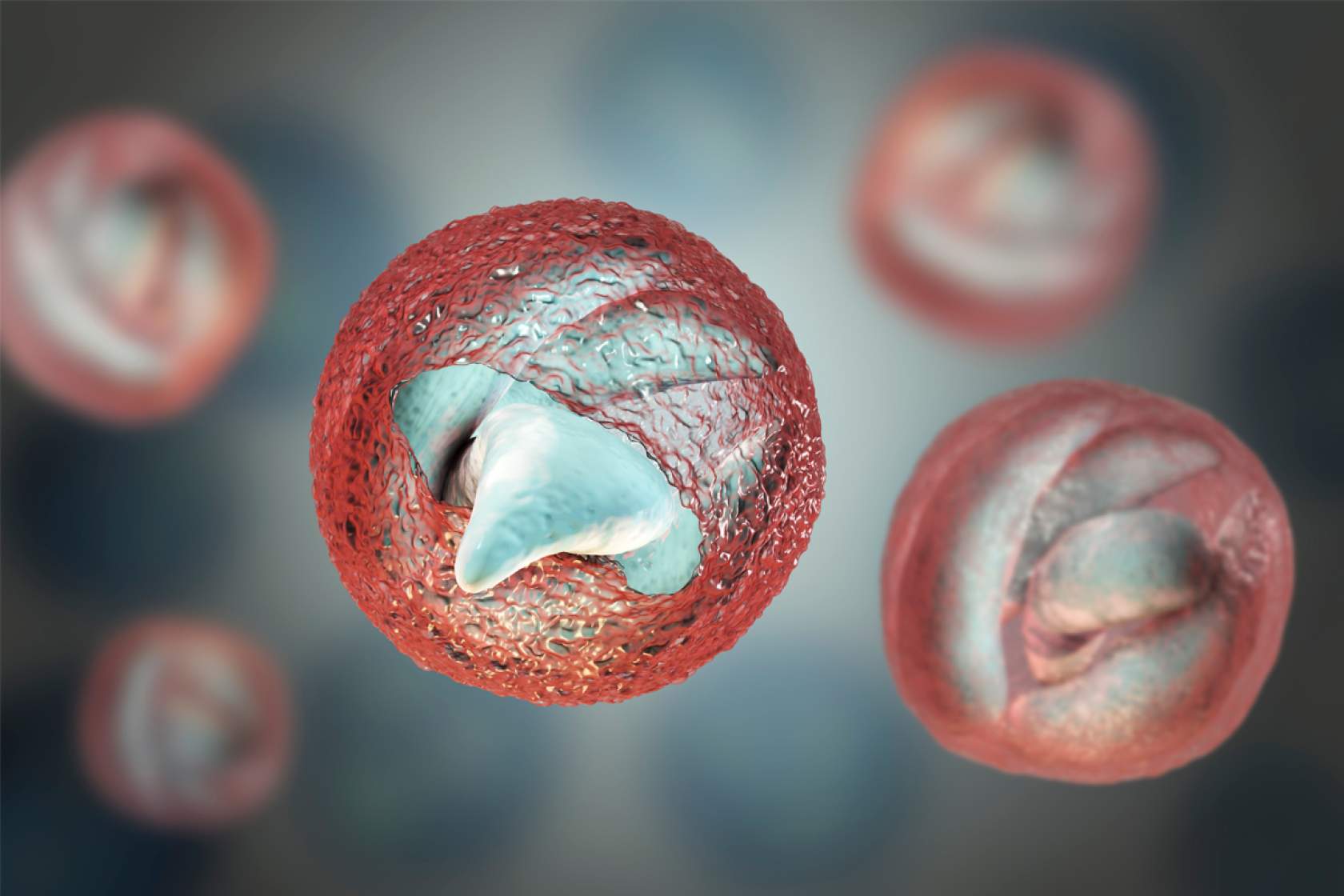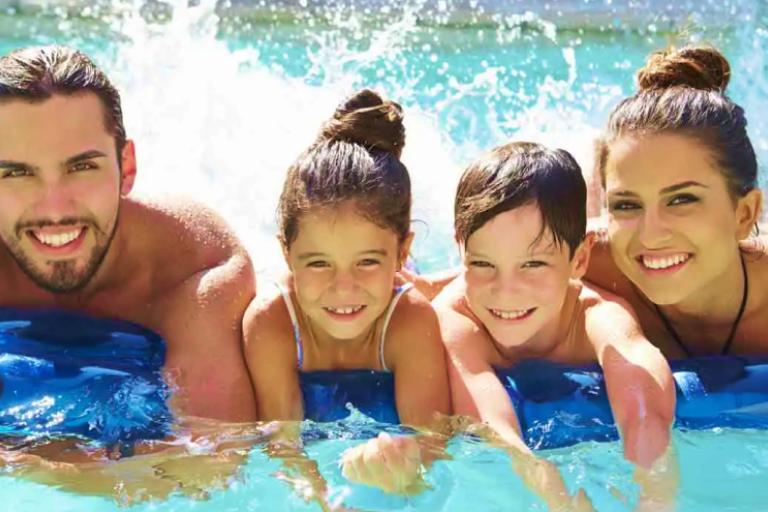Concerns raised over cryptosporidiosis outbreaks in NSW and Queensland

After a steep increase in cryptosporidiosis cases across New South Wales, NSW Health is advising the community not to swim for at least two weeks after they’ve had diarrhoea.
Executive director of health protection NSW, Dr Jeremy McAnulty, says there had been 498 cases of cryptosporidiosis reported in NSW this year up to mid-February, compared to the five-year average of 95 cases for the same time period.
Cryptosporidiosis is a diarrhoeal disease caused by the parasite, Cryptosporidium, which infects the intestine and is a common cause of acute diarrhoea in young children. Other symptoms can include nausea, vomiting, fever, headache and loss of appetite.
Infection can come from swimming in infected rivers, creeks, dams and beaches after heavy rain; and in public pools.
McAnulty says that almost half of the cases in children were under ten years old, so parents needed to be especially aware of the risks and precautions.
“Cryptosporidiosis is commonly acquired by swimming in and swallowing water contaminated with cryptosporidium parasites,” he says.
The parasite can survive for many days, even in most chlorinated pools, and in the past very large outbreaks have been caused by people who had recently been infected going swimming.
“Almost half of the cases reported this year had been swimming during their exposure period, and with such a high proportion of young children affected and with many schools about to hold swimming carnivals, we are urging parents to stay alert for symptoms.”
He says that people who have had diarrhoea should:
· Avoid swimming for at least two weeks after your symptoms resolve.
· Avoid sharing towels for at least two weeks after your symptoms resolve.
· Avoid handling food for at least 48 hours after your symptoms resolve.
· Children who have diarrhoea should be kept home from preschool, childcare or playgroup until 24 hours after the diarrhoea has completely stopped.
To avoid catching cryptosporidiosis:
· Avoid swimming in estuaries and inland waterways (e.g. rivers, creeks, dams) during and for at least three days after heavy rain.
· Avoid swimming at ocean beaches during and for at least one day after heavy rain.
· Avoid swallowing water when swimming.
· Wash your hands thoroughly with soap and water for 20 seconds after using the toilet, handling animals or their manure, changing nappies, working in the garden and before preparing food or drinks.
· Do not drink untreated water (for example, from lakes or streams). Boiling water by bringing it to a rolling boil is sufficient to kill Cryptosporidium.
Queensland and Victoria
The increase in cases has also been experienced in Queensland, with authorities concerned about the threat at public swimming facilities.
More than 820 cases were reported up to the middle of the second week of February, which is more than 13 times higher than the same period last year.
The most common places of infection were public pools and water parks.
The majority of Queensland cases have been recorded in West Moreton, Darling Downs, Central Queensland, Townsville and Mackay.
There has also been an increase in cryptosporidiosis cases in Victoria since the beginning of September 2023, with some cases linked to swimming in public pools. Several European countries and New Zealand have also reported a recent increase in the number of cases.
Caption: Cryptosporidiosis oocyst




